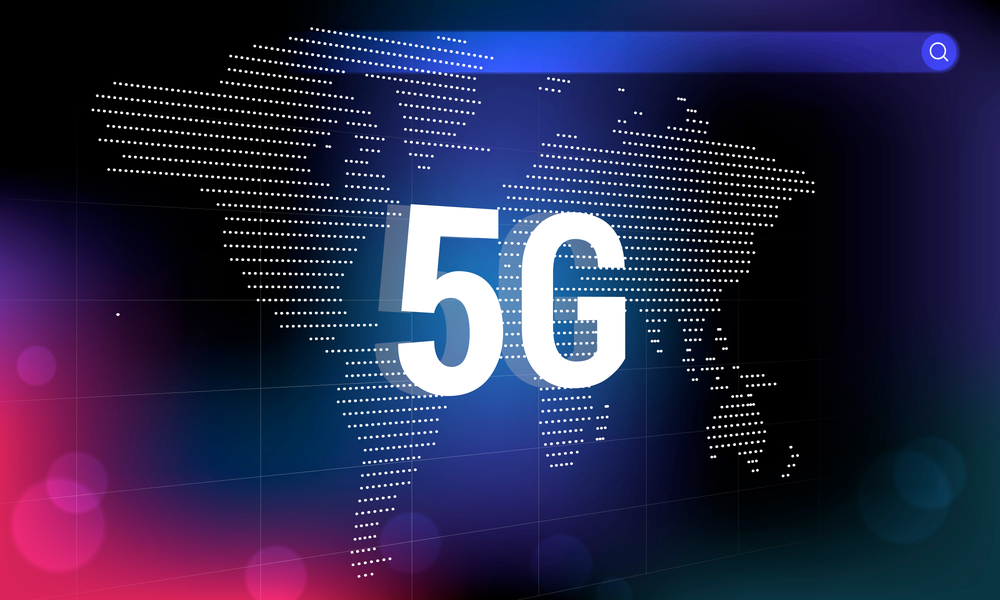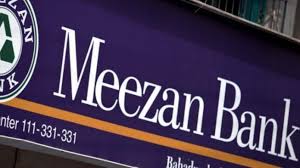Government’s Commitment to 5G Rollout
Pakistan is gearing up for a ground breaking transition to 5G debut as industry services in 2025 despite numerous challenges. The Ministry of Information Technology and Telecom, along with the Pakistan Telecommunication Authority (PTA), is optimistic about completing the 5G spectrum auction and rollout by April 2025. This ambitious plan is expected to not only generate significant revenue through licensing fees but also bolster the political profile of the current government.
Strategic Partnerships for Capacity Building
To ensure a successful rollout, PTA has partnered with Huawei, a leading global IT company, for training and capacity-building initiatives. Leveraging Huawei’s global expertise, PTA officials are being prepared to address the technical demands of 5G services.
Energy-Efficient Technology
The PTA’s 2023-24 report highlights the energy efficiency of 5G technology compared to its predecessors. Unlike 3G and 4G, which were limited in data transmission and energy consumption, 5G offers ultra-fast connection speeds while using significantly less power.

Spectrum Allocation for 5G in Pakistan
The frequency spectrum for 5G in Pakistan is planned to operate at 3300 MHz, distinguishing it from earlier generations like 4G (2300 and 2600 MHz). This frequency selection aligns with global standards and is expected to support enhanced connectivity and data transmission.
Stakeholder Perspectives and Industry Concerns
Telecom Operators’ Demands
Telecom Companies, key stakeholders in the 5G ecosystem, have voiced concerns about the economic feasibility of the rollout. The Telecom Operators Association of Pakistan (TOA) has proposed:
- Shifting spectrum costs to local currency (PKR).
- Lowering reserve prices for spectrum acquisition.
- Extending the license duration to 20 years for sustained investment.
- Implementing instalment plans for 5G devices.
- Rationalizing taxes on telecom services.
- Providing industrial energy tariffs.
- Streamlining right-of-way policies to reduce operational expenses.
The Ufone-Telenor Merger
The pending Ufone-Telenor merger is another factor influencing the 5G rollout. Industry experts believe the merger’s approval could significantly impact the auction’s success and the cellular mobile industry at large.
Preparing for a 5G World
Local Manufacturing of 5G-Ready Devices
Pakistan’s mobile manufacturers are gearing up for the 5G era. Many have already upgraded their assembly lines to produce 5G-compatible devices. According to industry leaders, the cost difference between 4G and 5G devices is minimal, but high demand in urban areas may drive up retail prices initially.
Consumer Excitement
Consumers, particularly in major cities, are eager to embrace 5G technology. Early adopters are expected to invest in 5G devices and data packages as soon as services become available.
Backend Equipment Suppliers’ Outlook
Suppliers like Huawei, Ericsson, Nokia, and ZTE are gearing up for increased demand following the 5G rollout. However, import restrictions and economic challenges, similar to those in neighboring Bangladesh, pose risks to the supply chain and infrastructure development.
Conclusion: A Promising Yet Challenging Road Ahead
Pakistan’s 5G rollout in 2025 promises to revolutionize the telecom landscape, offering faster, more efficient connectivity. However, the government and industry stakeholders must navigate economic, regulatory, and technical challenges to ensure the successful implementation of this transformative technology.
“Stay connected with ZAFF Trends for the latest updates and in-depth insights on Quiet 5G Debut as Industry and Users Anticipate Next-Generation Network




